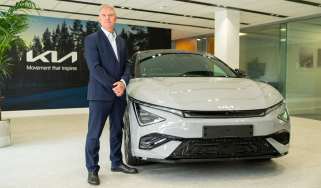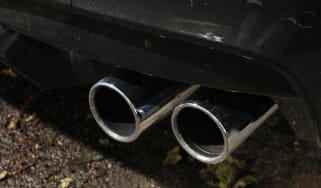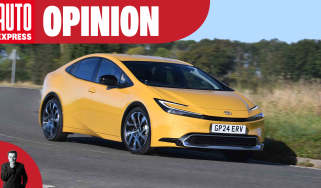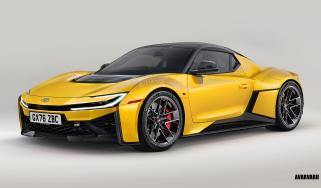EU confirms huge tariffs on Chinese cars of up to 35 per cent
European politicians vote to protect domestic car makers in spite of trade-war risk
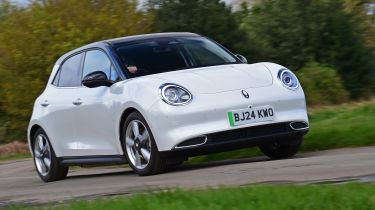
European buyers considering the purchase of Chinese-made cars face significant price hikes, after the European Commission (EC) confirmed the imposition of huge tariffs.
Although European Union (EU) member states are divided over the issue, the EC has moved to impose them anyway in spite of fears of a ‘tit-for-tat’ trade war.
It has been reported that while France and the Netherlands were among the countries in favour of the new tariffs – in some cases up to 35 per cent, on top of an existing 10 per cent import duty – five nations, including Germany, objected, and a further 12 abstained.
The tariff proposals came into being as a response to warnings that the Chinese government is subsidising its domestic EV industry to such an extent that Chinese brands are able to undercut Europe’s car makers with cheaper prices. Individual Chinese brands now face varying rates of tariff, as the Commission has imposed different levels of sanction on different companies.
The figures arrived at are said to reflect the EC’s estimation of the level of subsidy enjoyed by those different companies, but also how well or poorly they cooperated with the EC’s investigations.
The Chinese response is likely to involve its own tariff impositions on imports from the EU, and it has already opened investigations into the supply of pork and dairy products from Europe to China. According to a Financial Times report, Beijing is fuming at Brussels for what it sees as a wave of protectionism, having already offered to restrict sales and raise prices in negotiations with Europe prior to the latest EC decision.
A report in the South China Morning Post says the EC has received multiple offers from Chinese companies to set minimum prices, which have been rejected. It reports one European Commission official connected with negotiations saying: “In China, we see a spare capacity of three million BEVs per year which cannot be absorbed by the Chinese domestic market. Therefore, China needs to export it.”
The official noted that volume was almost “twice the size” of the EU’s entire annual consumption of 1.6 million battery-electric vehicles.
That said, while the EC has confirmed its new tariff regime, the extra charges won’t be imposed until 31 October, so there’s still time for a last-minute deal to be hatched.
Do you think the UK should also introduce tariffs on Chinese EVs? Share your thoughts in the comments section below...

